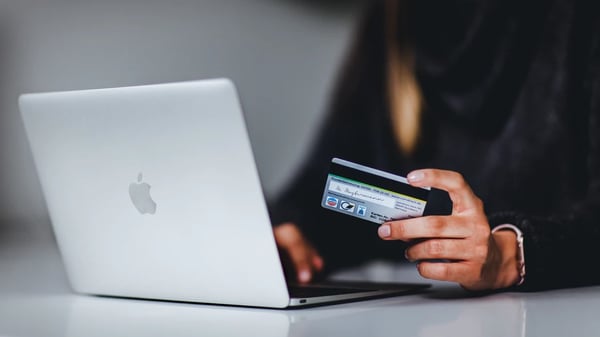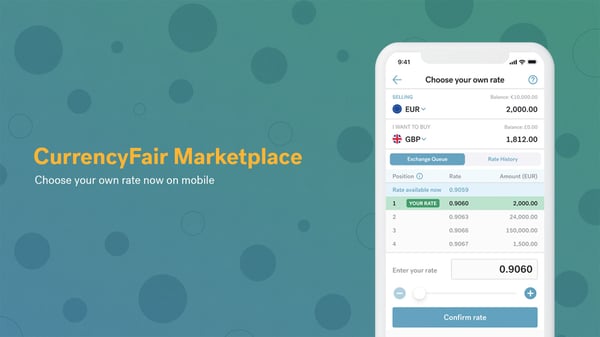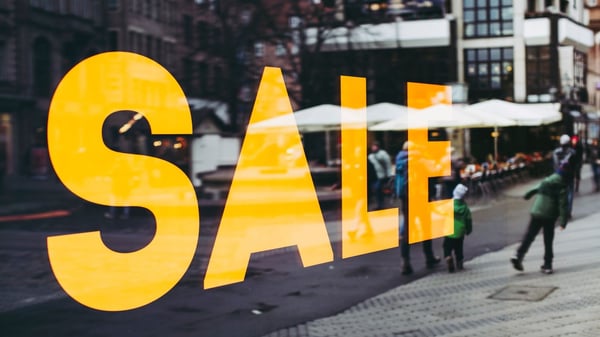Facebook Marketplace scams affect one in six users, according to a 1,000 person survey by thinkmoney, a digital banking company.
Facebook Marketplace is an e-commerce destination within Facebook that allows people to browse listings, search for items for sale in their area or find products available for delivery.
Buyers can find everything from apartment rentals to TVs, homemade desserts to extremely questionable art listed for sale.
As of 2021, Facebook Marketplace reportedly had over one billion monthly users, and the social media platform is growing its e-commerce offering with Facebook Shops, a new tab that allows small businesses to present catalogues of their products. With so many potential victims congregated in one place, hopeful of picking up a bargain or offloading their unwanted things, Facebook Marketplace scammers target the platform in a variety of ways.
Facebook Marketplace scams
The following tactics are commonly seen in Facebook Marketplace scams, and if you suspect a buyer, seller or listing you can report it to Facebook here.
Google voice verification code scam
Let's say you're selling a necklace on Facebook Marketplace, and someone gets in touch to say they're interested in it, but unfortunately, they have been scammed before and need some proof that you're a real seller.
You want to prove that you're trustworthy, so when they ask you for your phone number and tell you they sent you an authentication code to prove that it's you, you happily oblige and repeat it back to them.
Except now they have all they need to set up a Google Voice account in your name, using your phone number, and the “authentication” code is actually the two-step verification code needed to complete the set-up process.
Not only does this allow them to use a Google Voice account linked to your phone, but it may leave your entire Google account compromised, including your Gmail and stored passwords. This type of scam is also seen in text phishing and isn't targeting your money, but your personal information.
You should never share your Google Authenticator code with anyone, and if you believe your number was claimed in this way you can follow these instructions to recover it.
Scammers try to push communication methods away from Facebook as then the conversation can't be monitored, and it's more difficult to report. When you're using Facebook Marketplace, keep all your communication within Facebook Messenger, and don't give out your personal phone number to sellers or buyers.
Gift card scams on Facebook Marketplace
Most legitimate sellers won't accept gift cards as payments, as you should be wary of anyone asking for a gift card code. Once you have provided a gift card code as payment, there's no record of the transaction, unlike using a secure payment method. Facebook also warns people not to buy gift cards on Marketplace for this reason.
Overpayment and refund scams on Facebook Marketplace
Scammers target sellers on Facebook Marketplace by claiming to have sent payment for an item and may even include a screenshot verifying payment, but the total amount is for more than the item is listed for. The scammer will then ask the potential victim to refund them the difference, leaving them out-of-pocket before disappearing.
Stolen, faulty and fake goods
High-value items should be treated with particular caution on Facebook Marketplace, as they're some of the most commonly offered fake, faulty or stolen scam goods on the platform. Be wary of deals that seem too good to be true on brand-name bags, sunglasses, shoes, gaming consoles and headphones.
If you're buying a piece of expensive tech online, you should meet in a safe public place or police station so you can thoroughly test and inspect it before handing over payment. Phones, laptops and bikes are frequently stolen and re-sold as they're always in demand. Be on the lookout for sellers insisting on a deposit for a car, and use these trusted checks before buying a used iPhone or Mac.
Fake apartment listings on Facebook Marketplace
As cities around the world face rental crises, the demand for rental apartments and houses has created a golden window of opportunity for scammers to make their move on desperate house hunters.
Facebook Marketplace scammers aim to separate people from their money by posing as landlords and collecting deposits or rent for properties they have no legitimate claim to. Watch out for these signs:
-
Properties that have duplicate listings with only the contact information changed.
-
Check out when the person advertising the property created their account - a brand new profile with minimal details is a tell-tale sign of a scammer.
-
Be cautious of people who ask for upfront cash payments.
-
Inspect the property in person before handing over any money.
-
Cross-reference the property to check if it appears on other websites.
How to avoid Facebook Marketplace scams
Some of the following tips may seem like common sense when listed together like this, but scammers can be clever. They'll often include an elaborate back story to justify the information, and their targets range in age from teens to pensioners. It's also worth refreshing some general online security tips to protect your privacy.
-
Always check when the Facebook profile was created. You can find it on the right side of the listing under “seller information”.
-
Only communicate through Facebook Messenger.
-
Don't pay in advance for items that you're collecting locally, and meet the seller in a safe, public place like the car park of a police station.
-
Search for the seller's details, like their email address, online to see if they have been flagged as a scammer already on other websites or forums.
-
Be wary of suspiciously low prices, particularly if they come with an elaborate backstory for why the price is so low.
-
If you're selling on Facebook Marketplace, don't send buyers the authentication code outlined above.
-
Don't meet buyers that refuse to meet somewhere safe and public.
-
Avoid buyers and sellers that push you to use payment or communication methods that don't have protections in place.
And finally, if you're sending money abroad, always use regulated solutions. As a regulated foreign exchange platform, CurrencyFair uses two-factor authentication, encryption via SSL, segregated accounts, thorough verification and multiple other safety measures to ensure all transfers through our service are as secure as possible. See here for full details of our security procedures.
Transfer money safely and securely, with world-class customer support and competitive exchange rates up to eight times cheaper than the banks.
This information is correct as of March 2022. This information is not to be relied on in making a decision with regard to an investment. We strongly recommend that you obtain independent financial advice before making any form of investment or significant financial transaction. This article is purely for general information purposes. Photo by Austin Distel on Unsplash.











.jpg?width=600&name=visuals-2TS23o0-pUc-unsplash%20(1).jpg)
